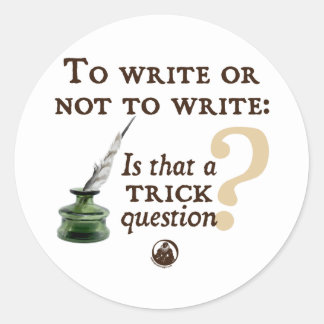The
scene plays out in her mind almost on a loop. It’s not continuous or it would
make her insane. No, little things trigger it and it starts all over again.
Someone
she has not seen for a long time, someone who did not approve of her choices
when she decided to assert her independence comes back into her life. Not by
choice but mostly by circumstance.
Their
distaste for her very survival is clear and palpable. It’s in the way they
pronounce her name, adding a syllable by lengthening the first to almost a full
five seconds of psychic venom. Hell it might as well be Parseltongue she can almost hear the hissing!
First, she left. For that alone, for thinking she
could make it on her own, they want her punished in perpetuity. How dare she go
against the grain, giving the other females highfalutin ideas about their
self-worth and whatnot? Then, she let out a big secret and contradicted all
known authorities—planting seeds of tolerance and acceptance where it was not her
place to declare that love is love. No, that’s not so, because it is only so as
decreed by those who know God-love is what God says it is and there are people
who speak for God. And why would God tolerate a nasty little girl like her who
claims God accepts aberrations as loveable? And finally, she wrote truths long
buried. That she’d fictionalized them meant nothing because those who knew the
truth recognized it, even as they denied it.
And so, face to face again, after so many years, she inched
in carefully for an embrace. Instead, they throw her book at her feet.
“You read my book?” she says, unsure how to take the moment
but already fearing the worst.
“I will never
forgive you,” they say. Rancor carried in the breeze, the words becoming a
distant melodic percussion, almost a prayer. No, a mantra! A fortified and
extended mantra: “You will never [amount to anything, be anything without us,
be beautiful, be smart enough, matter].”
Her childhood hurts come crashing down on her to remind her
that death is a way out. Welcome death!
“I will never forgive
you,” they say and she feels a thousand stabs prickling her deeply inside her
soul because she realizes there will never be a moment she won’t be at war with
them unless she acquiesces. She is reminded why she left. She survived because
she left, she remembers. She can live. She can breathe (but only apart from
them). Living, existing, surviving, thriving—none of these depend on their forgiveness,
because she never had it and she never will.
“Then don’t,” she says and starts writing another memoir.
Write what you know, they said. But all that does is piss the family off until you can never go home
again!
***
I was reading a piece about writing and the author
made the point that if you only write what you know there’d be no science
fiction or poetry or horror. I took it a little more literally and thought that
what you know would comprise mostly memoirs materials, and those of us who have
used our personal truths know how hard it is sometimes to release them to the
reading public. And then, sometimes even veiling these truths in fictionalized
accounts—changing names and details to protect the innocent as well as the
guilty—it does little to ease the guilt that you may be overstepping. And then
you realize that even the nightmares it produces make for interesting writing .
. . and as long as you can’t go back home anyways…
Write what you know, write what you imagine, write
what brings you peace, write what makes you laugh, write, what makes you cry,
write what you fear. Just write and don’t listen otherwise. Just write!
And if writing depends on using your experiences,
remember that your recollection is yours. If anyone begs to differ, they
can write their own damn book and sweat out the details and how to finesse the truth
into palatable morsels that readers can digest.
I take your disdain and double down with a piece
of crazy Mexican music.
































